Pediatric hematology/oncology fellowship


From the Program Director
Thank you for your interest in the Corewell Health Helen DeVos Children’s Hospital/Michigan State University Pediatric Hematology/Oncology Fellowship! We are so pleased that you have taken the time to learn more about our program.
We are a tertiary medical center seeing more than 100 new oncology patients and more than 400 new non-oncology patients each year. We have designated federally funded hemophilia treatment center, serving over 700 hemophilia and bleeding disorder patients per year. Over 900 patients are seen monthly in the clinics for outpatient evaluations, transfusion therapy, chemotherapy administration, laboratory monitoring, diagnostic consultations and procedures. We are active participants with the Children's Oncology Group and offer several industry sponsored, investigator initiated and consortium clinical trials for our patients. Our fellows are an integral part of a large, multidisciplinary team of specialists all with a common goal of providing excellent comprehensive care to the patients of our region.
Our faculty strive to create a supportive training environment for our fellows. Our three-year training program is diverse and designed to expose trainees to all the experiences necessary for a broad pediatric hematology/oncology education. This includes experiences in general oncology, hematology, bone marrow transplantation, onco-fertility, neuro-oncology, survivorship and palliative care. In addition, fellows spend time on elective rotations with other services, such as radiation oncology and hematopathology. The first year is heavily clinically focused while in the latter two years, clinical time is reduced to allow focus on a scholarly, academic project. In addition to clinical experiences, fellows participate in daily multidisciplinary conferences and didactic education sessions, as well as journal clubs and tumor boards. Our goal is to not only provide fellows with a solid foundation pediatric hematology/oncology career, but also to tailor the fellowship experience to each individual's area(s) of interest. Whatever your future career dreams are, we strive to create a fellowship experience that is as personalized as possible.
Thank you for taking the time to learn about our program. We wish you the very best in your fellowship application process. Please do not hesitate to contact us with any questions.
Rebecca Loret de Mola, DO MCR
Program Director
Allison Close, MD
Associate Director
Overview
We currently accept one fellow per year. Our main focus is to equip fellows with the skills and knowledge necessary to be successful, competent physicians in pediatric hematology and oncology. Additional and more specific aims of the fellowship include:
- To enable fellows to become expert subspecialists by providing an in-depth experience in the patient care and research arenas
- To foster critical problem-solving skills in both clinical and research settings
- To develop and enhance teaching skills
- To utilize competency-based principles in the training and evaluation of fellows
- To help graduates successfully attain American Board of Pediatrics certification in pediatric hematology and oncology, and continue personal development and scholarly activity
Fellows train at Corewell Health Helen DeVos Children's Hospital (part of Corewell Health Grand Rapids Hospitals), a freestanding 234 bed regional referral center and teaching hospital. It offers advanced pediatric specialty care with more than 300 pediatric physicians who practice in more than 50 pediatric specialties and programs. We are the primary center for tertiary pediatric care for over two million patients from the greater Grand Rapids area, but our referral base extends into over 37 counties.
Education
First year fellowship overview
Inpatient service
Pediatric hematology/oncology and bone marrow transplant patients are admitted to the 9th floor of Helen DeVos Children’s Hospital. The inpatient hematology/oncology service consists of an attending physician, a first-year fellow, two advanced care providers, two nurse navigators, a chemotherapy pharmacist, a pediatric resident and often medical students. First year fellows spend approximately half of the year rotating on the inpatient unit in 4-week blocks. During this time, fellows develop expertise and confidence in managing patients admitted for chemotherapy or for complications related to treatment. In addition, the first year is involved with new patient consults as well as work up and evaluation for new diagnoses admitted to the service. Over time, the first year is expected to be able to oversee and run inpatient team round as the team leader. Call during the first year is typically one weeknight per week and one weekend per month. Overnight call during is home based, however fellows may need to return to the hospital for emergent patient situations or new patient diagnoses.
Goals for the first-year fellow on the inpatient unit are to learn how to:
- Diagnose and work up new or relapsed patients with oncologic malignancies and hematologic disorders
- Identify and manage oncologic emergencies
- Risk stratify and treat newly diagnosed oncology patients
- Lead important discussions such as new diagnosis, consent to treat, relapse or end of life
- Become proficient in bone marrow aspiration/biopsies and lumbar puncture with chemotherapy administration
- Perform consults for inpatients on other services
- Manage patients requiring ICU-level care and attend multidisciplinary PICU rounds
- Teach medical students and residents
- Provide culturally competent care
Continuity clinic
Fellows are assigned to a continuity clinic during their first year. While rotating on the inpatient service, clinics are a half-day per week. While rotating on outpatient services, fellows have a full day of continuity clinic per week. A faculty member is paired with the fellow during clinic and provides mentorship in the evaluation and treatment of the fellow’s patients. The goal is for the patients and their families to view the fellow as their primary hematologist/oncologist. Fellows are responsible for treatment planning including timely preparation of chemotherapy orders, holding important discussions, performing procedures, communicating with other providers and services, and planning surveillance imaging and follow up. Fellows are encouraged to have a panel of primary patients with a variety of different diseases within pediatric oncology as well as bone marrow transplant, hematology and neuro-oncology.
Bone marrow and stem cell transplant
First year fellows spend one month rotating on the bone marrow transplant service. This experience provides time learning both in- and outpatient management for patients who receive blood and bone marrow transplants. Fellows spend time in new patient consultations, bone marrow transplant rounds and learn how to manage patients receiving cellular therapies such as CAR-T therapy. They also spend time with the bone marrow transplant coordinators learning about HLA typing and choosing the most appropriate donor.
The blood and bone marrow transplant program at Helen DeVos Children's Hospital is the only pediatric program in West Michigan and is fully FACT accredited for both autologous and allogeneic transplants. It provides marrow, peripheral blood and umbilical cord blood transplants for a variety of malignant and nonmalignant disorders, including immune deficiencies and metabolic diseases.
Fellows can elect to spend additional time with the Bone Marrow Transplant service if desired during their elective time in first year.
Other rotations and electives
Additional education in thrombosis, hematopathology, blood bank/transfusion medicine and palliative care is built into the first-year schedule. Fellows can choose to spend elective time in onco-fertility, radiation oncology, ortho oncology and surgical pathology.
Research planning
During the first year, fellows have six weeks of time to begin thinking about and preparing for the work they will do on their scholarly project. Fellows will meet with the program leadership and faculty to determine research interests and fellows select a research mentor and project before the end of their first year. Fellows have opportunities to choose a research project in a laboratory with a mentor at Van Andel Institute or Michigan State University or can work to pursue a project in clinical research, education or quality improvement. Those choosing to pursue a non-laboratory based project are encouraged to obtain formal training in conduct of clinical research, biostatistics and epidemiology.
Didactics
To complement the training received on clinical rotations, fellows also attend weekly multidisciplinary conferences, journal conferences and lectures given by faculty and invited speakers. The conference schedule includes:
- Inpatient and outpatient multidisciplinary team rounds
- Pediatric stem cell transplant conference
- Fellow core lecture series
- Pediatric grand rounds
- Hematopathology conference
- Quality improvement meeting
- Journal conference
- Tumor board
Second and third year fellowship overview
The second and third years of fellowship are dedicated mainly to the fellow’s scholarly project. Fellows continue developing clinical experience through their continuity clinics each week as well as through experiences in the subspecialty clinics. Second and third year fellows take overnight and weekend call, though frequency is less than during first year.
Second year clinical subspecialty rotations include experiences in the comprehensive clinicals of sickle cell disease, hemostasis/thrombosis and hemophilia/coagulation disorders.
In the third year, fellows return to the inpatient service for approximately six weeks to sharpen their leadership skills by directing the multidisciplinary team prior to their graduation. Outpatient, third year fellows rotate through the comprehensive survivorship, neuro-oncology long-term follow-up clinic and vascular malformations clinics.
Scholarship oversight committee
All fellows will have a scholarship oversite committee (SOC) during their second and third year of fellowship. The SOC is composed of the primary research mentor, the program director and associate program director, and three experts in the field with at least one of these experts being outside the PHO department. Fellows provide regularly scheduled progress meetings to the SOC throughout their 2nd and 3rd years. The goal of the SOC is to provide useful guidance, critique and direction to the fellow on their research project.
Research
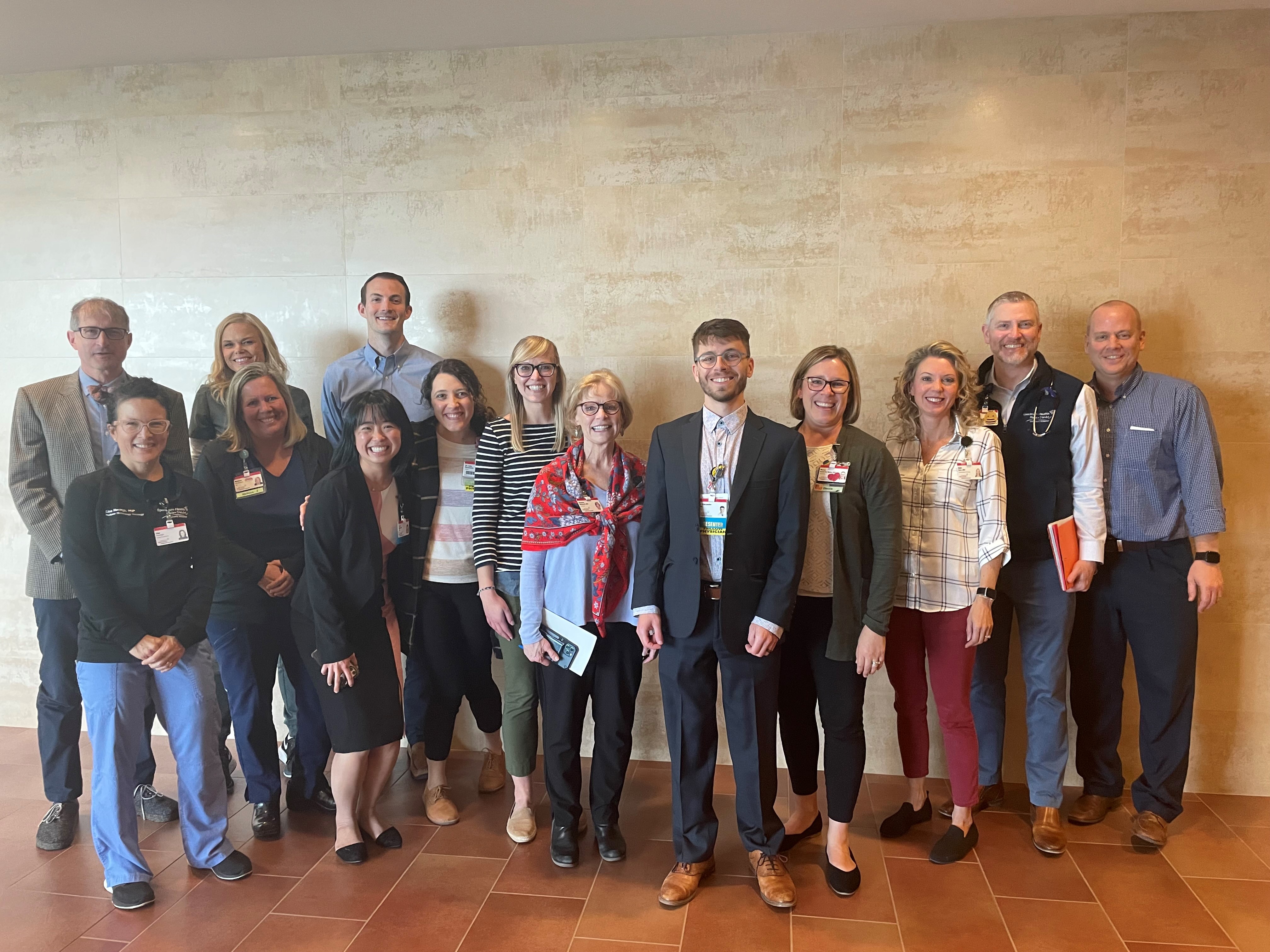
Exposure to and participation in research begins early in the fellowship program. While participating in direct patient care, fellows will learn to evaluate the eligibility of patients for clinical trials, lead consent discussions and follow treatment protocols.
In addition, fellows have six weeks during the first year exclusively devoted to exploration of several basic science, translational and clinical research opportunities. This time is set aside to allow the fellow to begin thinking about their interests, identify research mentors, and formulate a research proposal.
Fellows are invited to explore the many laboratory research opportunities at Van Andel Institute and Michigan State University Grand Rapids Research Center, each of which are located adjacent to the hospital.
Opportunities for clinical research projects at Helen DeVos Children's Hospital are also available. Those choosing to pursue clinical research will be encouraged to obtain formal advanced degree training in epidemiology, biostatistics and the conduct of clinical research through Michigan State University.
While fellows are encouraged to apply for grant funding to support their research, their position, salary and benefits are guaranteed for all three years of fellowship training regardless of grant support.
Specialty clinics
After-care and transition clinic
The ACT program at Helen DeVos Children's Hospital is dedicated to the well-being of childhood cancer survivors. This comprehensive clinic is held twice monthly and is staffed by a physician, nurse practitioner, nurse and social worker. All patients undergo a thorough review of the original illness and treatment, medical history since completing therapy, current health and updated family history. Diagnostic laboratory and imaging studies are obtained to evaluate for late effects of childhood cancer treatment. General and individualized educational materials and other resources pertaining to late effects of cancer therapy is given to each survivor and their family.
Comprehensive coagulation disorders program
The coagulation disorders program provides medical and psychosocial services to infants, children and young adults with hemophilia and related bleeding disorders, and thrombotic disorders. On an annual basis, the program provides comprehensive services to approximately 300 pediatric patients with bleeding disorders and 100 patients with thrombophilia/thrombotic events. The program provides home infusion education and services, comprehensive diagnostic and therapeutic evaluations and treatment, anticoagulation monitoring, education, counseling and advocacy.
The program is supported by federal grants from the Maternal Child Health Bureau and the Centers for Disease Control and Prevention. The program belongs to a national network of federally-funded hemophilia treatment centers and collaborates with centers across the country and the world to share research and standards of care. A comprehensive hemophilia clinic is offered monthly and includes services from the pediatric hematologist, hemophilia nurse specialists, medical social worker, child psychologist, physical therapist and dental hygienist.
The program provides outreach services to children in western and northern Michigan, including collaborating with Munson Medical Center to provide comprehensive clinic annually to patients in the northern areas. The program also collaborates with regional and national hemophilia organizations to participate in research and share resources to prevent complications from excessive bleeding and clotting.
Neuro-oncology long-term follow-up clinic
The neuro-oncology long-term follow-up clinic, held once month, is dedicated to prolonging and improving the lives of patients with brain tumors both during and after therapy. Because survivors of brain tumors may have long-term issues, our multidisciplinary clinic is designed to address these problems with one visit. A pediatric psychologist is present to help with school performance and psychosocial issues and helps patients optimize life skills. A pediatric endocrinologist addresses issues related to growth and other hormonal late effects of therapy. Medical treatment, psychological evaluation, education, counseling, and referral to specialty services are offered. Like the ACT Program, we also provide education about health promotion and disease prevention activities. A complete treatment summary letter, including a problem list and management recommendations, is sent to the primary and consulting physicians.
Sickle cell anemia comprehensive care clinic
The sickle cell anemia program is dedicated to prolonging and improving the lives of our patients with sickle cell disease. We offer comprehensive medical treatment, psychological evaluation, education, counseling and referral to specialty services for children with this hematologic condition. Overall, we have about 85 active patients, many of whom are treated with hydroxyurea to reduce the frequency of complications such as acute chest syndrome or vaso-occlusive pain events. The multidisciplinary clinic meets once monthly and is staffed by a physician, nurse and social worker.
Vascular malformations clinic
The vascular malformations clinic, staffed by a physician and advanced practice provider 3 times a month, provides a comprehensive multidisciplinary approach for the diagnosis and treatment of children with vascular anomalies including hemangiomas, venous malformations and lymphatic malformations. In addition, patients can be cared for by a pediatric dermatologist, plastic surgeon, pediatric radiologist and interventional radiologist. The aim of this collaborative team is to offer patients an accurate diagnosis, education about associated syndromes, and treat the many medical issues that accompany vascular anomalies.
Other special programmatic highlights
Pediatric bone marrow and stem cell transplant program
The blood and bone marrow transplant program at Helen DeVos Children's Hospital is the only pediatric program located in West Michigan and is fully FACT accredited for both autologous and allogeneic transplants. It provides potentially life-saving marrow, peripheral blood and umbilical cord blood transplants for a variety of malignant and nonmalignant disorders, including immune deficiencies and metabolic diseases. The program boasts recognition as an “over-performer” from the Center for International Blood and Marrow Transplant Research for excellent transplant outcomes. We participate in the National Marrow Donor Program.
Hospice of Michigan
The James B. Fahner Pediatric Hospice Program provides comfort and care to about 30 children annually, who are living with life-limiting conditions. The goal of the program is to work with the child and their family to enhance the child’s quality of life when a cure in unlikely. Hospice of Michigan also offers a perinatal program for families anticipating life-threatening conditions for their unborn child, and compass support services for children who meet some but not all criteria for hospice. The pediatric anchors programs provide education, family support and community resources for numerous children each year.
Children’s Oncology Group
Helen DeVos Children's Hospital has been a member of the Children’s Oncology Group since the beginning of the pediatric oncology program in 1989. Children Oncology Group (COG) clinical trials define the standard of care for children with cancer. Through the Grand Rapids clinical oncology program, patients at Helen DeVos Children's Hospital have access to over 70 COG clinical trials. Available trials include phase 2 and 3 treatment trials as well as biology, supportive care and epidemiology studies. All newly diagnosed patients are screened for eligibility and enrolled as appropriate. In 2009, Helen DeVos Children's Hospital was one of only eight hospitals nationwide to receive the Trials Award from the American Society of Clinical Oncology for its efforts to improve cancer care for children through clinical research. The program was specifically recognized for the large number of patients enrolled in clinical trials.
Haworth Family Innovative Therapeutics Clinic
Following a generous endowment gift from Dick and Ethie Haworth in 2011, the Haworth Family Innovative Therapeutics Clinic was established for the treatment of children with relapsed or refractory cancer at Helen DeVos Children's Hospital. Children and adolescents from around the world are offered the opportunity to enroll on phase 1 and phase 2 clinical trials.
Beat Childhood Cancer Research Consortium
Helen DeVos Children's Hospital has been a member of the Beat Childhood Cancer research consortium since its inception. Beat Childhood Cancer, directed by Dr. Giselle Sholler, is an international consortium of over 40 universities and children’s hospitals which offers a worldwide network of pediatric cancer clinical trials. These trials stem from the research of closely collaborating investigators and laboratory programs developing novel therapeutics for neuroblastoma and medulloblastoma, as well as other high-risk malignancies.
Application requirements
We participate in the National Resident Matching Program and use the Electronic Residency Application Service application process. We require the following information:
- A completed application/profile
- At least three letters of recommendation
- Curriculum vitae
- Medical school transcript and dean’s letter
- Personal statement describing career goals and reasons for selecting continued training in pediatric hematology oncology
- USMLE transcript
- For international medical graduates, an Educational Commission for Foreign Medical Graduates status report
For more information on our program, contact Saron Mogos, program coordinator.
Salary and benefits
Spectrum Health provides a comprehensive and very competitive benefits package for our residents, staff and their families. In addition, our program provides educational monies to support your ongoing education. Download our salary and benefits document to learn more.
Program Director
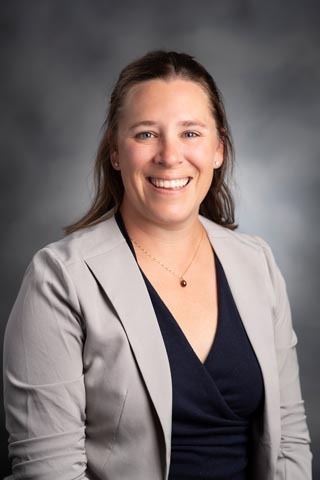
Pediatric Hematology Oncology
- Fellowship:
- Ann & Robert H Lurie Children's Hospital of Chicago
- Oregon Health & Sciences University
- Residency: Advocate Lutheran General Hospital

Pediatric Hematology Oncology
- Fellowship:
- Ann & Robert H Lurie Children's Hospital of Chicago
- Oregon Health & Sciences University
- Residency: Advocate Lutheran General Hospital
Associate Program Director
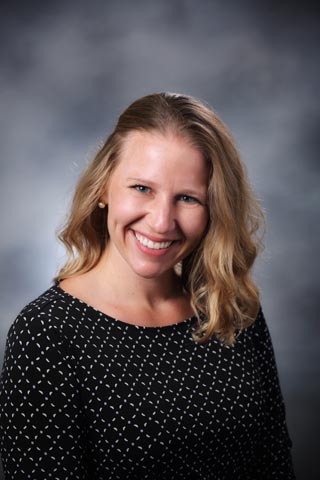
Pediatric Hematology Oncology
- Fellowship: University of Pittsburgh Medical Center
- Residency: University of Pittsburgh Medical Center

Pediatric Hematology Oncology
- Fellowship: University of Pittsburgh Medical Center
- Residency: University of Pittsburgh Medical Center
Core Faculty
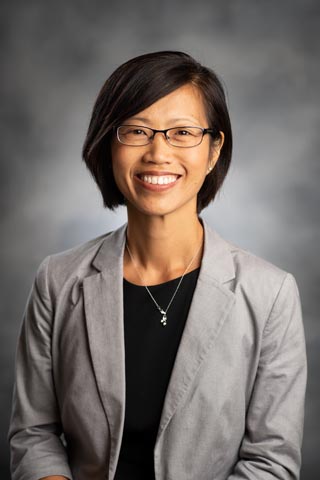
Pediatric Hematology Oncology
- Fellowship: University of Utah Medical Center
- Residency: New York University
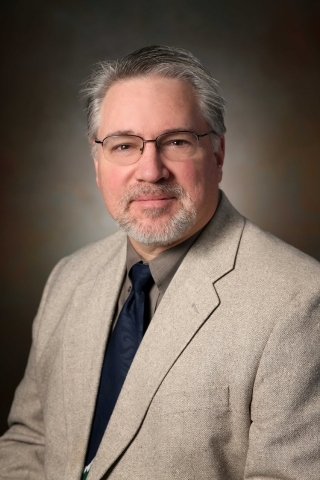
Pediatric Hematology Oncology
- Fellowship: Children's Hospital of Philadelphia
- Residency: Beaumont Hospital - Royal Oak
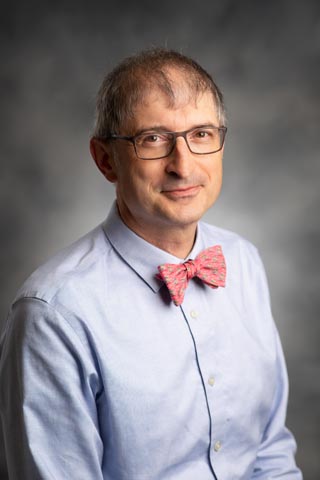
Pediatric Blood and Marrow Transplant
- Fellowship: Spectrum Health/Michigan Sate University
- Residency: Spectrum Health/Michigan Sate University
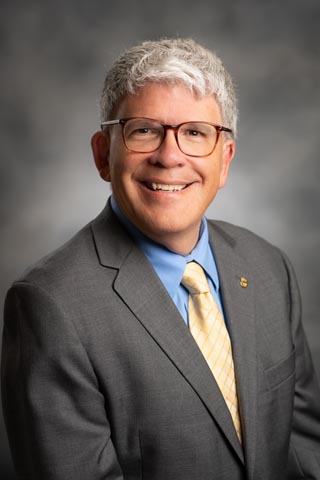
Pediatric Hematology Oncology
- Fellowship: University of Michigan Hospitals & Health Center
- Residency: University of Michigan Hospitals & Health Center

Pediatric Hematology Oncology
- Fellowship: University of Utah Medical Center
- Residency: New York University

Pediatric Hematology Oncology
- Fellowship: Children's Hospital of Philadelphia
- Residency: Beaumont Hospital - Royal Oak

Pediatric Blood and Marrow Transplant
- Fellowship: Spectrum Health/Michigan Sate University
- Residency: Spectrum Health/Michigan Sate University

Pediatric Hematology Oncology
- Fellowship: University of Michigan Hospitals & Health Center
- Residency: University of Michigan Hospitals & Health Center
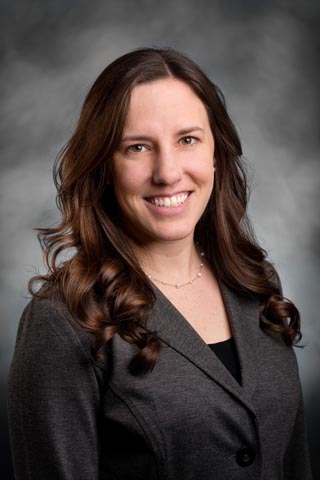
Pediatric Hematology Oncology
- Fellowship: Spectrum Health/Michigan State University
- Residency: University of Michigan - Mott Children's Hospital
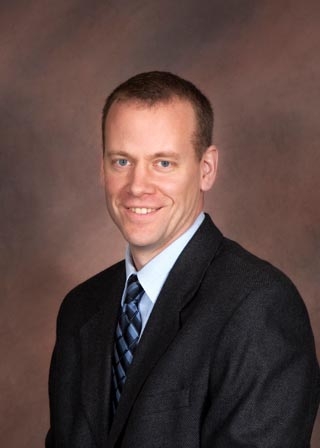
Pediatric Palliative Care
- Fellowship:
- Medical College of Wisconsin
- Dana Farber Cancer Institute
- Residency: Loyola University of Chicago
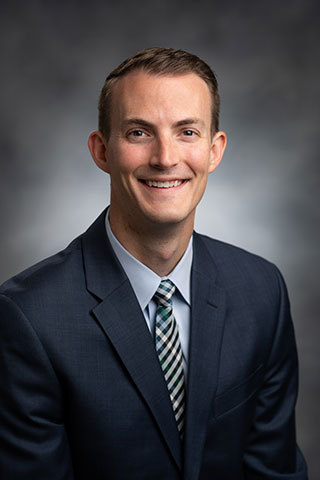
Pediatric Hematology Oncology
- Fellowship: Spectrum Health/Michigan State University
- Residency: Spectrum Health/Michigan State University
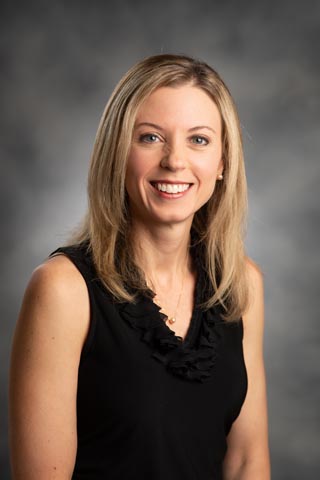
Pediatric Hematology Oncology
- Fellowship: University of Tennessee - Memphis
- Residency: Spectrum Health/Michigan State University
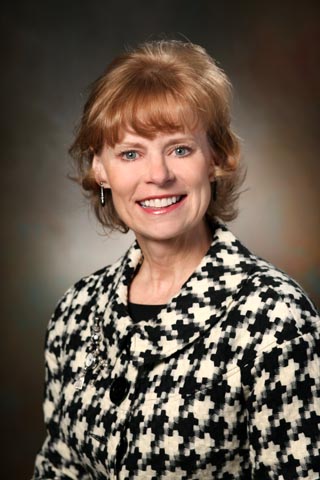
Pediatric Hematology Oncology
- Fellowship: University of Michigan Hospitals & Health Center
- Residency: University of North Carolina Hospitals
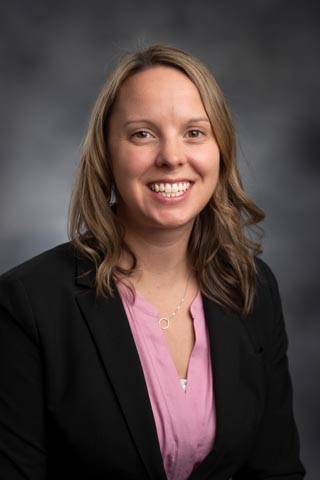
Pediatric Hematology Oncology
- Fellowship: University of Minnesota - Minneapolis
- Residency: Advocate Christ Medical Center
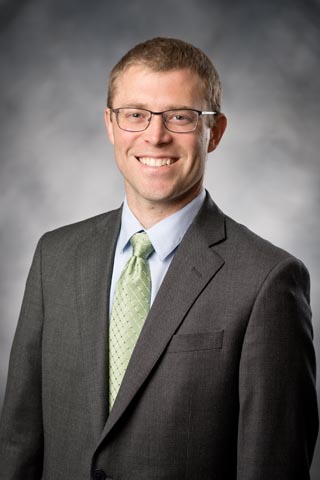
Pediatric Hematology Oncology
- Fellowship: Spectrum Health/Michigan State University
- Residency: Spectrum Health/Michigan State University
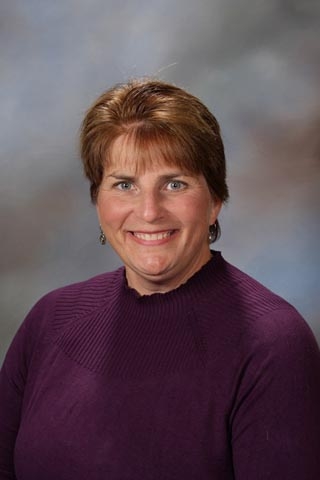
Pediatric Hematology Oncology
- Fellowship: University of Michigan Hosptials & Health Center
- Residency: University of Michigan Hosptials & Health Center
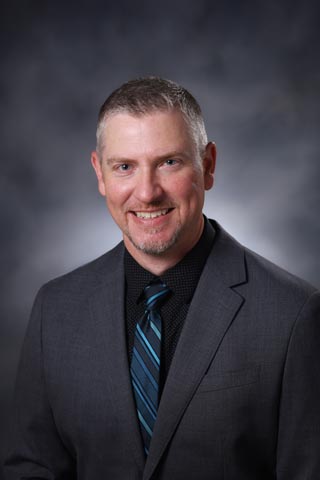
Pediatric Blood and Marrow Transplant
- Fellowship: Indiana University
- Residency: Riley Hospital for Children - Indiana University of Health
Class of 2025
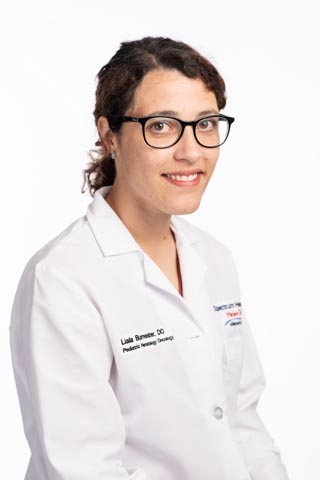
Pediatrics: Sparrow Hospital/Michigan State University

Pediatrics: Sparrow Hospital/Michigan State University
Class of 2024
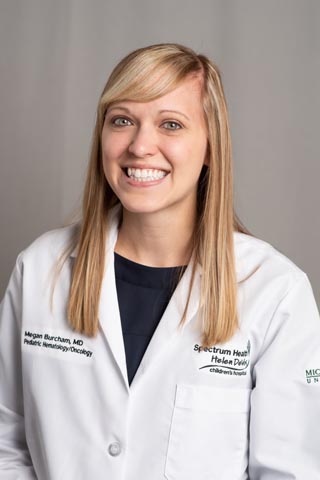
Pediatrics: Indiana University

Pediatrics: Indiana University
Ready to Apply?
Review the “Application Requirements” tab on the program page to learn more about the application process.
